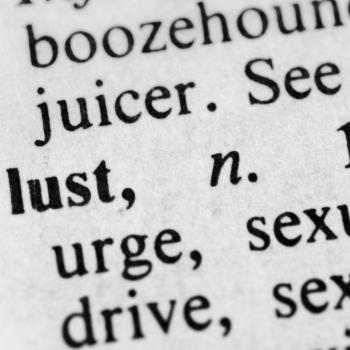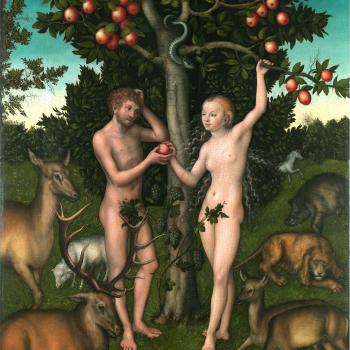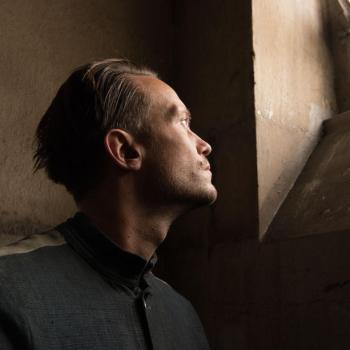I became an evangelical Christian at the age of 34 while serving in the Army. My conversion took place at a non-denominational church in a southwest suburb of Chicago. It was there that I had a direct experience of Jesus Christ– a true religious experience. That was March of 2010. Shortly thereafter, I became aware of “Evangelical” Christianity. Growing up Roman Catholic on the south-side of Chicago, I knew of Lutherans, Baptists, Methodists and Presbyterians. I was at least familiar... Read more

















